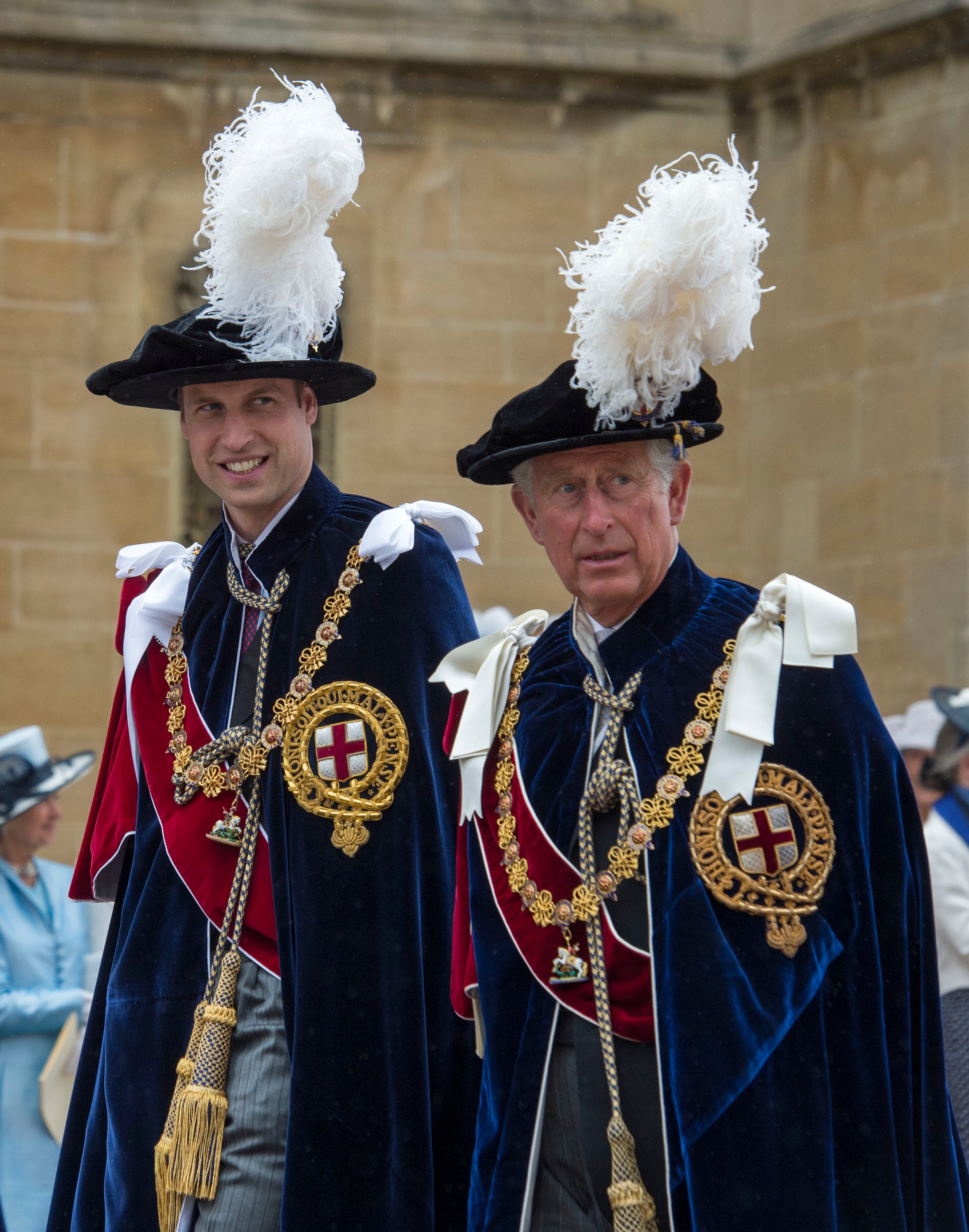Charles ‘teetering on edge of becoming a de facto prince regent’ – royal expert
The prince, along with his eldest son the Duke of Cambridge, will open Parliament after the Queen delegated powers to the pair.

Your support helps us to tell the story
From reproductive rights to climate change to Big Tech, The Independent is on the ground when the story is developing. Whether it's investigating the financials of Elon Musk's pro-Trump PAC or producing our latest documentary, 'The A Word', which shines a light on the American women fighting for reproductive rights, we know how important it is to parse out the facts from the messaging.
At such a critical moment in US history, we need reporters on the ground. Your donation allows us to keep sending journalists to speak to both sides of the story.
The Independent is trusted by Americans across the entire political spectrum. And unlike many other quality news outlets, we choose not to lock Americans out of our reporting and analysis with paywalls. We believe quality journalism should be available to everyone, paid for by those who can afford it.
Your support makes all the difference.The Prince of Wales is “teetering on the edge of becoming a de facto prince regent”, with Buckingham Palace keen to show the monarchy is “safe in the hands of father and son”, a royal expert has said.
Former BBC royal correspondent Peter Hunt said the opening of Parliament by both Charles and the Duke of Cambridge, with the prince reading the Queen’s speech, was a “significant moment for two future kings”.
The Queen has delegated certain powers as head of state to both her son and heir Charles and second-in-line William as Counsellors of State to open Parliament on her behalf on Tuesday in an unprecedented move.
Charles will also read the speech setting out the Government’s agenda for the first time.
Mr Hunt told the PA news agency: “This is a significant moment for two future kings.
“Charles will accelerate his on-the-job training. The heir is teetering on the edge of becoming a de facto prince regent. William will observe what awaits him.
“With the Queen progressively withdrawing from public life, the palace is keen to show the monarchy is safe in the hands of father and son.”
Constitutional expert Dr Bob Morris, of UCL’s Constitution Unit, said it was “more likely than not” that the arrangements would continue for future state openings, meaning the Queen, who is now 96 and facing “episodic mobility problems”, may not ever open Parliament again.
Dr Morris said: “It is unprecedented and it’s the way in which the constitution flexes to accommodate unusual circumstances.
“I can’t think of any possible earlier version of this.”
He added: “They’ve gone down the Counsellor of State route, that’s one way round it. The Prince of Wales is giving the speech and William is there as his stay and support as it were. It’s a rather odd confection but it works.”
In the event that the Queen cannot undertake her official duties as sovereign on a temporary basis due to illness or absence abroad, two or more Counsellors of State are appointed by Letters Patent to act in her place.
By law, Counsellors of State include the sovereign’s spouse, which would have been the late Duke of Edinburgh, and the next four people in the line of succession who are over the age of 21.
These are currently the Prince of Wales, the Duke of Cambridge, the Duke of Sussex and the Duke of York.
The Queen is empowered to appoint the Counsellors under the Regency Acts 1937-53.
The delegation of powers to Counsellors of State is made by Letters Patent under the Great Seal of the Realm, and the Queen will sign the document.
The last time Counsellors of State were needed was in 2015 when the Queen was away on an official visit to Malta.
Counsellors of State allow for a temporary delegation of duties.
But there are certain core constitutional functions, that unless there is a regency, cannot be delegated, such as giving Royal Assent to legislation, appointing a prime minister, the weekly meetings with the PM and appointing and dismissing governor-generals.
A regency would be when the Queen transferred her powers as monarch to Charles without having to abdicate.
The Regency Act 1937 states that the monarch’s duties will be performed by a regent if the monarch is declared to be “by reason of infirmity of mind or body” incapable of performing royal functions, or if there is “evidence that the Sovereign is for some definite cause not available for the performance of those functions”.
This must be declared in writing by three or more out of the sovereign’s wife or husband, the Lord Chancellor, the Speaker of the House of Commons, the Lord Chief Justice and the Master of the Rolls.
The Queen is currently still carrying out duties from Windsor, and is due to have her weekly audience with the PM on Wednesday and hold a Privy Council this week.